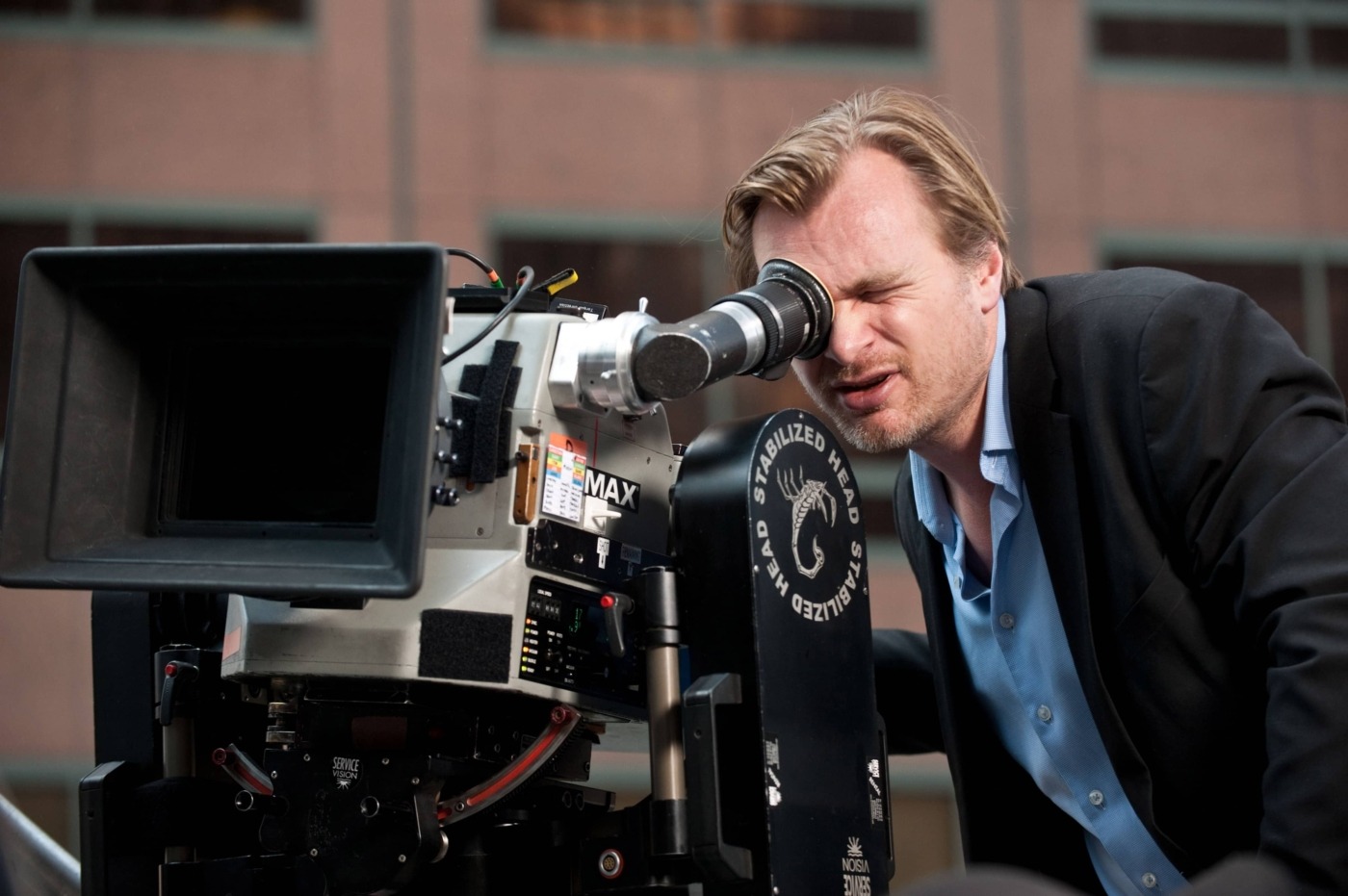Five Films From… Christopher Nolan
Christopher Nolan is one of the most reliable filmmakers alive today. With Nolan movies, you’re guaranteed an experience which will challenge your threshold for grasping story concepts, satisfy your itch for grand set-pieces, and leave you wondering what future projects the director may have in store. His storytelling seldom disappoints: he’s like a very good writer who happens to know his way around a camera. Whenever I watch his films, I do forget that his camerawork plays a part in how his stories unfold, due to how inventive, engaging, and salient the screenplays to his projects are. Without doubt he’ll be considered a legend of the artform. Despite his adroit approach to filmmaking, his works attract so many people (the box office performances of his films speaks for itself), diminishing any substantial “art-house” snobbery criticism that could be levelled at his filmography. He’s one of the few auteurs in film who’s trusted to produce blockbusters, and long may it continue: here’s five of his best films.
Dunkirk (2017)
Dunkirk is unique in Nolan’s filmography. The story’s not his, it isn’t not complicated nor complicatedly presented, but it’s probably his most aesthetically artistic film thus far. Dunkirk follows the 1940 miracle of Dunkirk during WWII, where the Allied soldiers had to escape occupied France via the beaches, leaving them sitting ducks to be picked off by the Germans. This film follows a particular unnamed tommy’s attempt to escape this hellhole. I watched the movie in the cinema when it came out and the sound design proved to be impeccable. It’s beautifully shot and visually engaging with its slightly saturated colour gradient. The horror of war is wonderfully foregrounded: there’s no skimping on the cries of helpless soldiers, the sounds of bombardment or the carnage caused by it. The limited dialogue and the full commitment to the in media res storytelling works a treat, with the score hitting the tension home. And Harry Styles is in it, performing the role of a paranoid, loyal regiment member surprisingly well.
The Prestige (2006)
Everyone loves a bit of magic, so a film about two magicians and their commitment to their artform is exactly what a doctor should order on occasion! The Prestige follows two magicians, Robert Angier and Alfred Borden, who were once colleagues but have grown into bitter enemies, due to an incident that led to the death of Angier’s wife. This movie has a lovely premise (a staple for Nolan films) and a cast that sells it brilliantly, too. Hugh Jackman as Angier and Christian Bale as Borden work so well because Jackman definitely has the vibe of a clean-cut, palatable performer whilst Bale carries the indie, devoted-to-a-craft energy very well. The tit-for-tat battle their characters go through is entertaining, and concepts concerning hubris, sacrifice, and glory are always engaged in the very best stories. Plus David Bowie’s Nikola Tesla – what’s not to love?
Inception (2010)
Now we’re in the God-tier territory of Nolan films, and Inception is probably one of his most iconic. Inception carries so much truth underneath the delightful chaos that ensues throughout its runtime. Yes, it has a brilliant premise, multi-layered conflicts, a tight story, and comprehensible stakes, but its interaction with metaphysical ideas surrounding the subconscious, perception, and emotion is also very impressive. The film embodies the many levels of dream consciousness that the story depicts. Level one: it’s about Cobb and his crew’s particular mission that would enable him to see his family. Level two: it’s about the power of dreams and how the subconscious carries projections of those you know that are hard to reconcile with. Level three: it’s about how our mind is constantly at war with mind viruses that may influence our perception of the world without our realising it. Inception is simply sublime.
The Dark Knight (2008)
Probably the best superhero film ever made, and one of the most influential films of its decade. Nolan’s Batman trilogy successfully extricated the Batman film franchise from the throes of derision, given that previous entries, Batman Forever and Batman and Robin, were the victims of 90s camp and excess. Restoring Batman to its gothic, crime roots, The Dark Knight is the trilogy’s crown jewel. The movie lays out the political stakes involving Batman and Harvey Dent very well, with the Joker an apt agent of chaos, engaging with the sordid underbelly of politics narratively and philosophically – the ideas brought up concerning mainstream politics are very salient. Of course, Heath Ledger’s portrayal of the Joker is untouchable, and the movie wonderfully portrays how Batman is in fact a detective as well as a vigilante with an immensely flawed approach to justice. The score superbly facilitates the film’s tension, and there’s so many quotable lines that it’s mind blowing how well-written the dialogue is. The Dark Knight unequivocally shaped the approaches we see to superhero films nowadays for better or worse.
Memento (2000)
Arguably Nolan’s finest hour. If his debut effort Following hinted at a director with potential and an eye for style, then Memento is said director realising his potential and showing the world that he’s a generational talent. The premise may come off as hokey and needlessly ambitious: the story of a man who has no short-term memory seeking the murderer of his wife sounds like a plot that may be riddled with holes. However, with a limited cast, limited setting, neatly expressed character stipulations, and a small story presented in a clever and unique way, Nolan produced a movie that’s not only one of the most inspired efforts of this century, but probably one of the most inventive films of all time. Memento set the precedent of Nolan’s idiosyncratic approach to storytelling and his love for engaging with big yet relatable ideas. It’s a film that lures you in with its unassuming aesthetic and then leaves you delightfully bewildered. It’s a movie worth watching 10 times over.

Comments